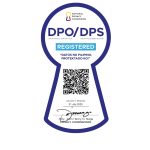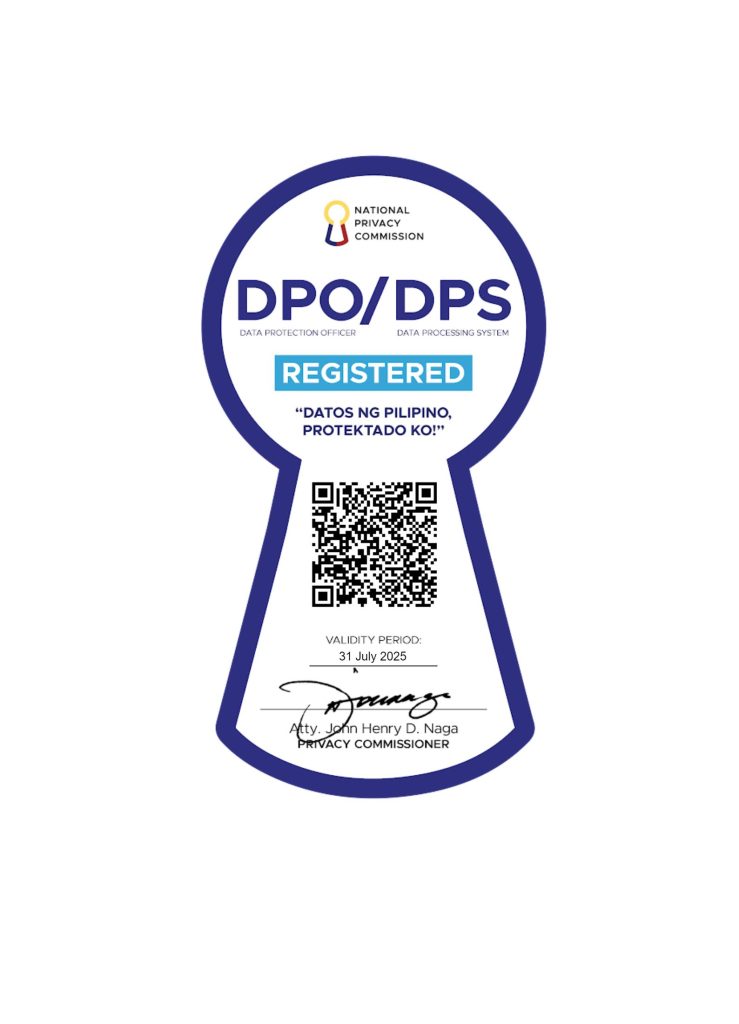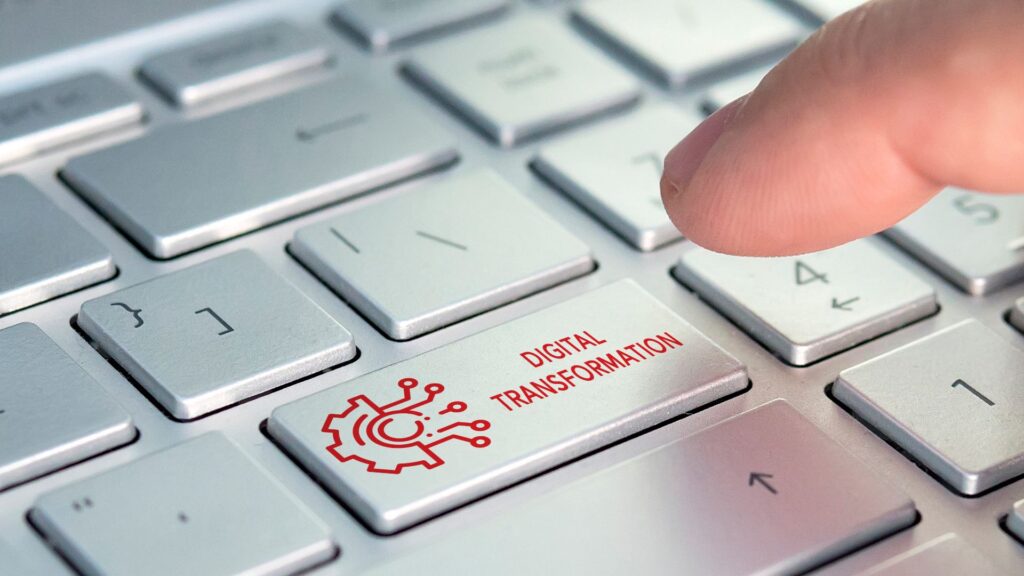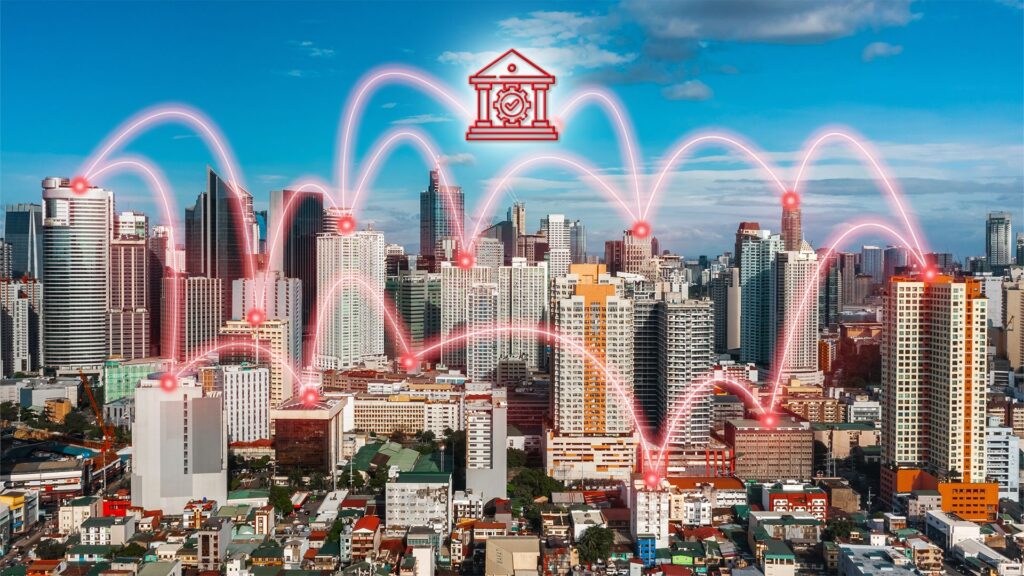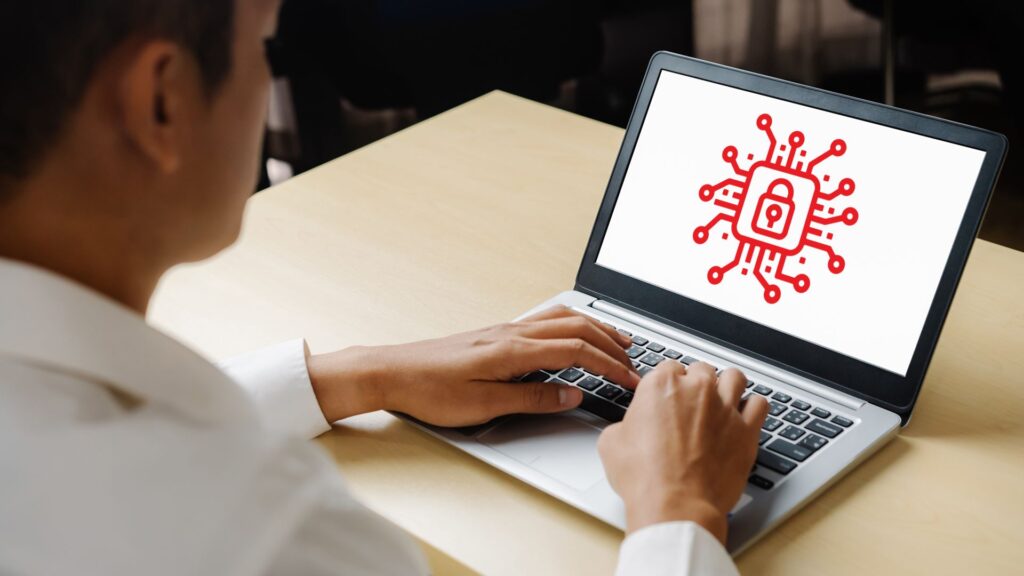In the recent State of the Nation Address (SONA) on July 24, 2023, President Ferdinand Marcos Jr. delivered a resounding call for the immediate and comprehensive digitalization of government services.
The President highlighted that digitalization is not merely a futuristic concept but an imperative need of the present, emphasizing its potential to revolutionize governance and improve the lives of the Filipino people. “Digitalization is the call of today—not the call of the future, but of the present. It is here. It is needed, and it is needed today,” he said.
President Marcos stressed that the government must fully embrace digitalization to enhance its frontline services and back-end functions. According to him, by incorporating digital solutions, the government can offer better services to its citizens and adopt data-driven and science-based planning and decision-making approaches.
One of the significant advantages of digitalization, according to the President, is its potential to combat graft and corruption. He cited data that demonstrated how digitalization, coupled with streamlining efforts, has already improved efficiency in various areas, including government payments, business registrations, the issuance of permits, loan applications, and revenue collection.
To promote the adoption of digital payments, the President lauded the significant progress made in this area. Digital payments accounted for 42% of total retail payments in 2022, and they expect to reach Bangko Sentral’s target of 50% by the end of the year.
To facilitate access to government services, the President announced the launch of the eGov PH App. The said mobile application will serve as a centralized platform integrating all essential government services, making it more convenient for the general public to access essential functions.
Highlighting the significance of the National ID system, President Marcos explained that it would serve as the core of the digitally transformed network of government services. With 87% total registration completion, the National ID system has already been integrated into the eGov PH app, enhancing its accessibility for citizens.
The President urged all government offices to expedite their digitalization efforts, aligning with the administration’s transformative policy direction. He also commended the Department of Migrant Workers for launching the Department of Migrant Workers Mobile App, which aims to simplify the journey of Overseas Filipino Workers.
The President also celebrated the improvements made in internet speed rankings. The Philippines’ fixed broadband speed ranked 47th among 180 countries, and mobile internet speed ranked 83 out of 142 countries. With ongoing internet infrastructure upgrades, the government is poised to further enhance connectivity, particularly in geographically isolated and disadvantaged areas.
To ensure comprehensive integration and coordination, the Department of Information and Communications Technology (DICT) has been tasked with consolidating all digitalized government services into the eGov PH app, establishing the National Government Portal and the Philippine Business Databank, and improving the overall internet speed in the country.
President Marcos mentioned the SIM Registration Act as the first bill he signed into law in line with the administration’s commitment to protecting digital users and consumers. The act aims to safeguard citizens from identity theft, phishing, and other online scams through cybersecurity measures, data privacy safeguards, consumer complaint mechanisms, and financial literacy campaigns.
To address potential job displacements resulting from the shift to digitalization, the President highlighted that training programs are now included in the curricula offered by TESDA, DICT, and other government agencies.
President Marcos assured the public that with an E-Commerce Roadmap in place, the government is prepared to leverage e-commerce to maximize the benefits of digitalization and new technologies.
“With our E-Commerce Roadmap firmly in place, we are poised to take this digitalization drive further and beyond, utilizing e-commerce to take full advantage of new technologies,†the chief executive reiterated.
President Marcos stressed that digitalization is a fundamental driver of progress, and the Philippines must embrace this transformative wave to shape a brighter and more inclusive future for all Filipinos.

